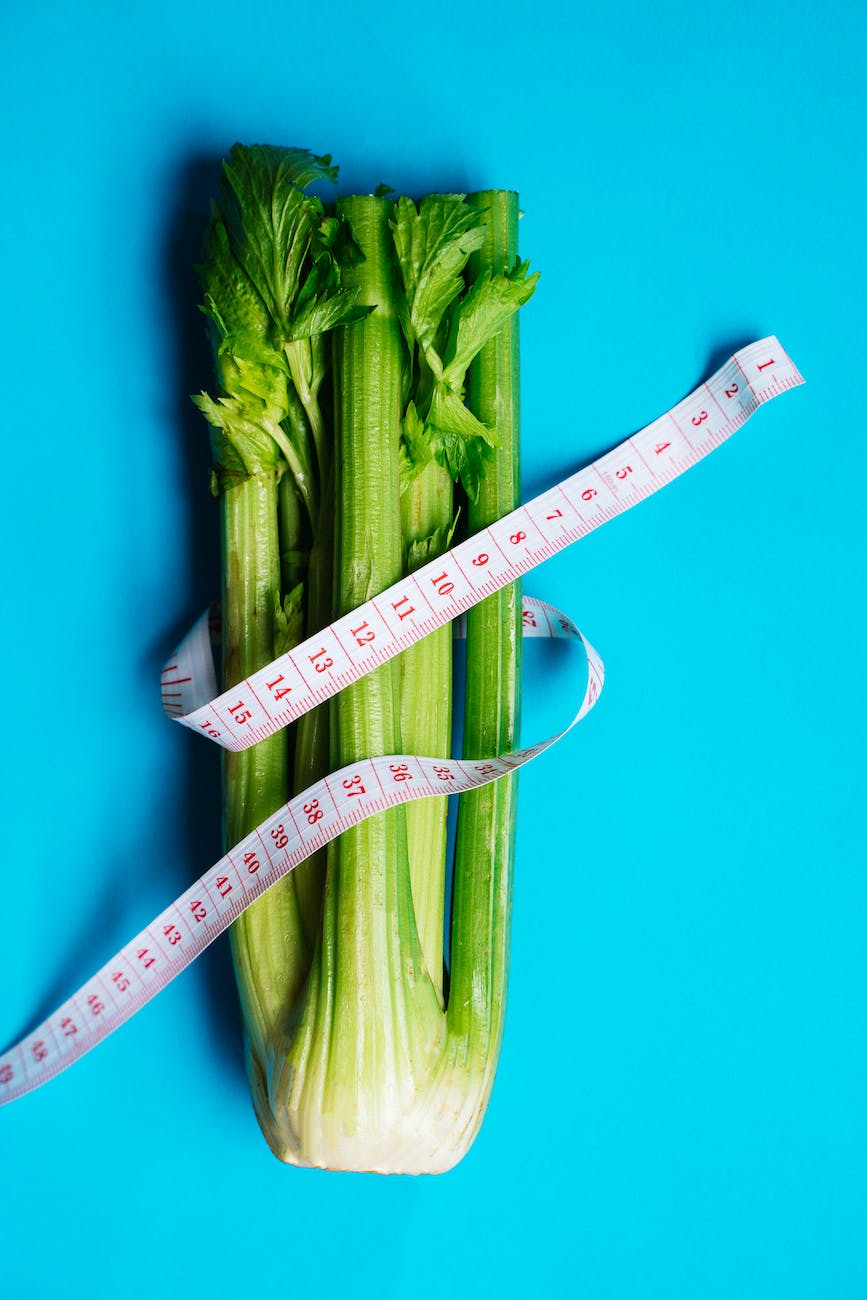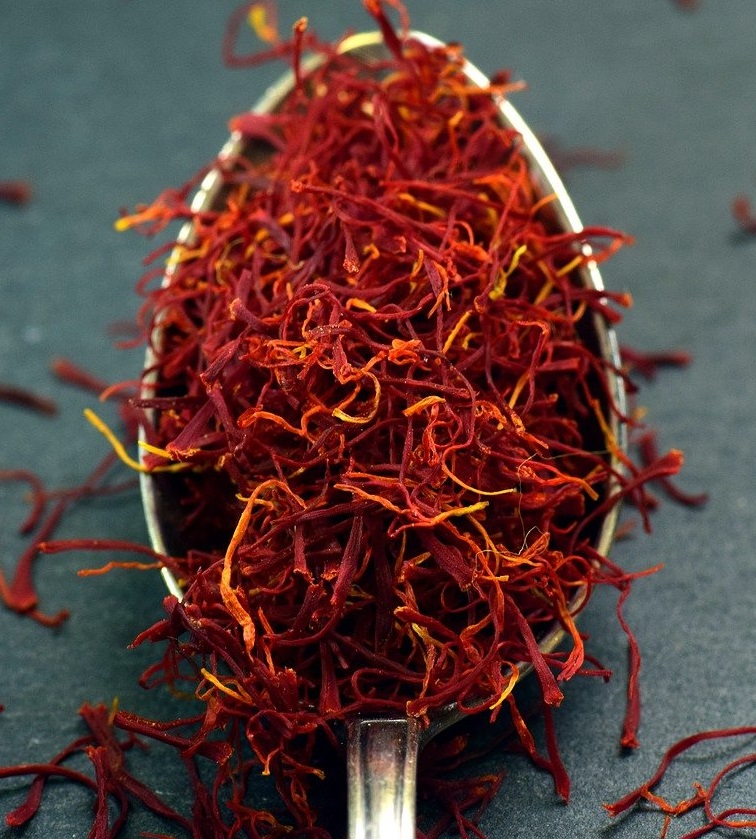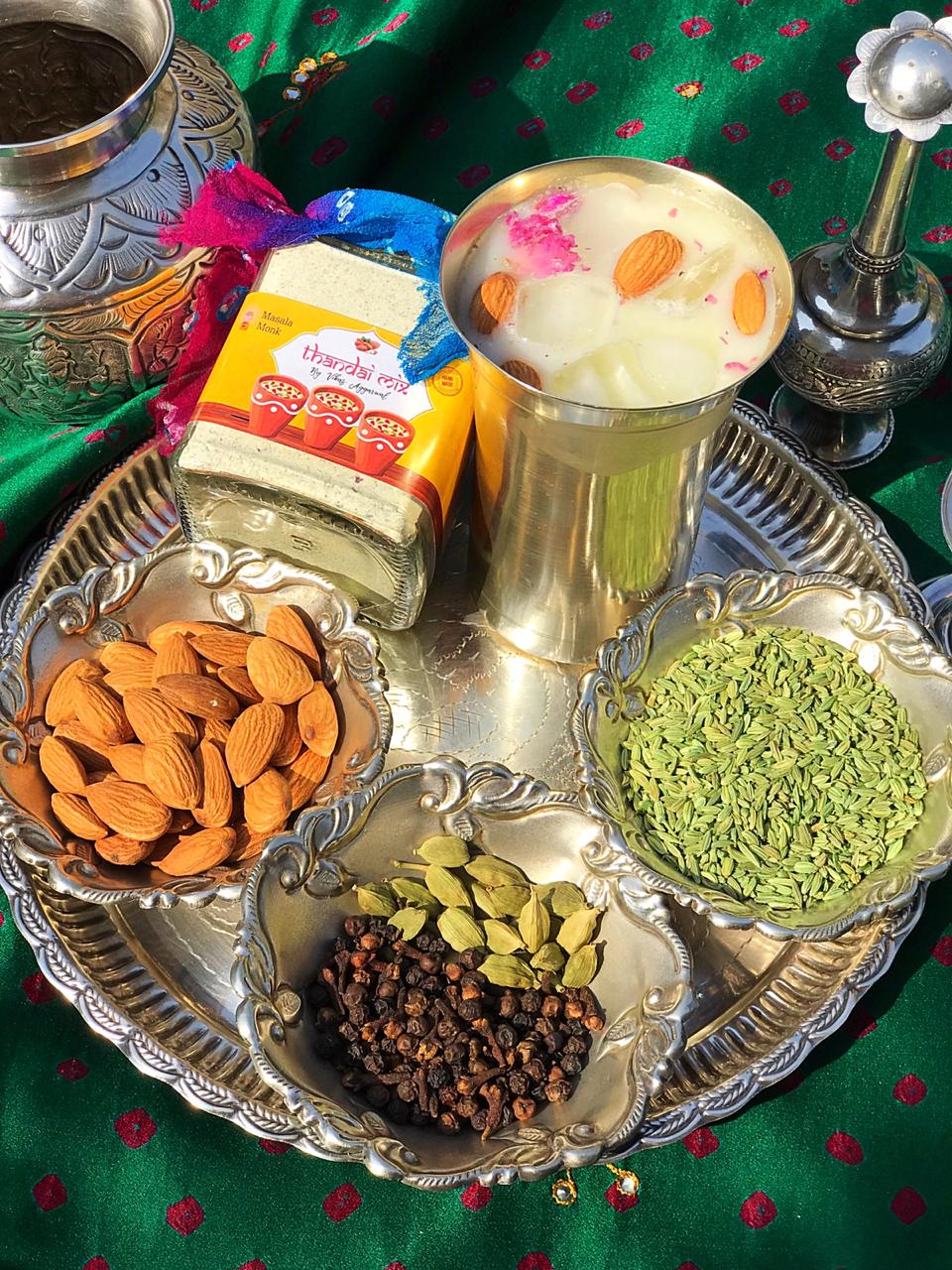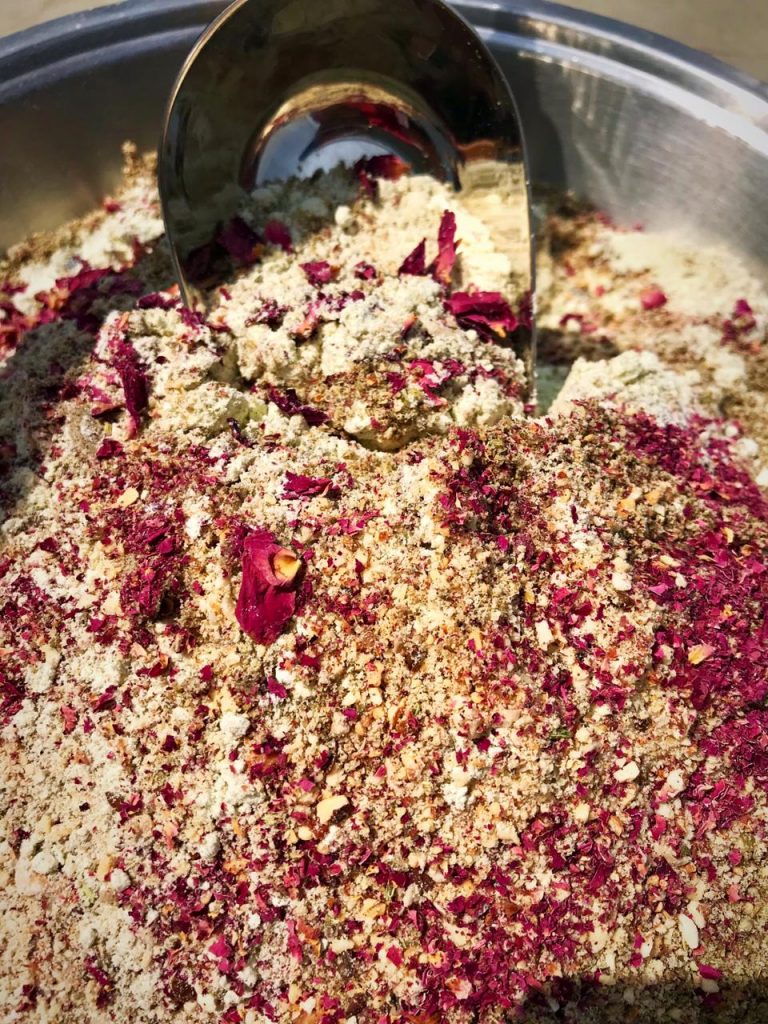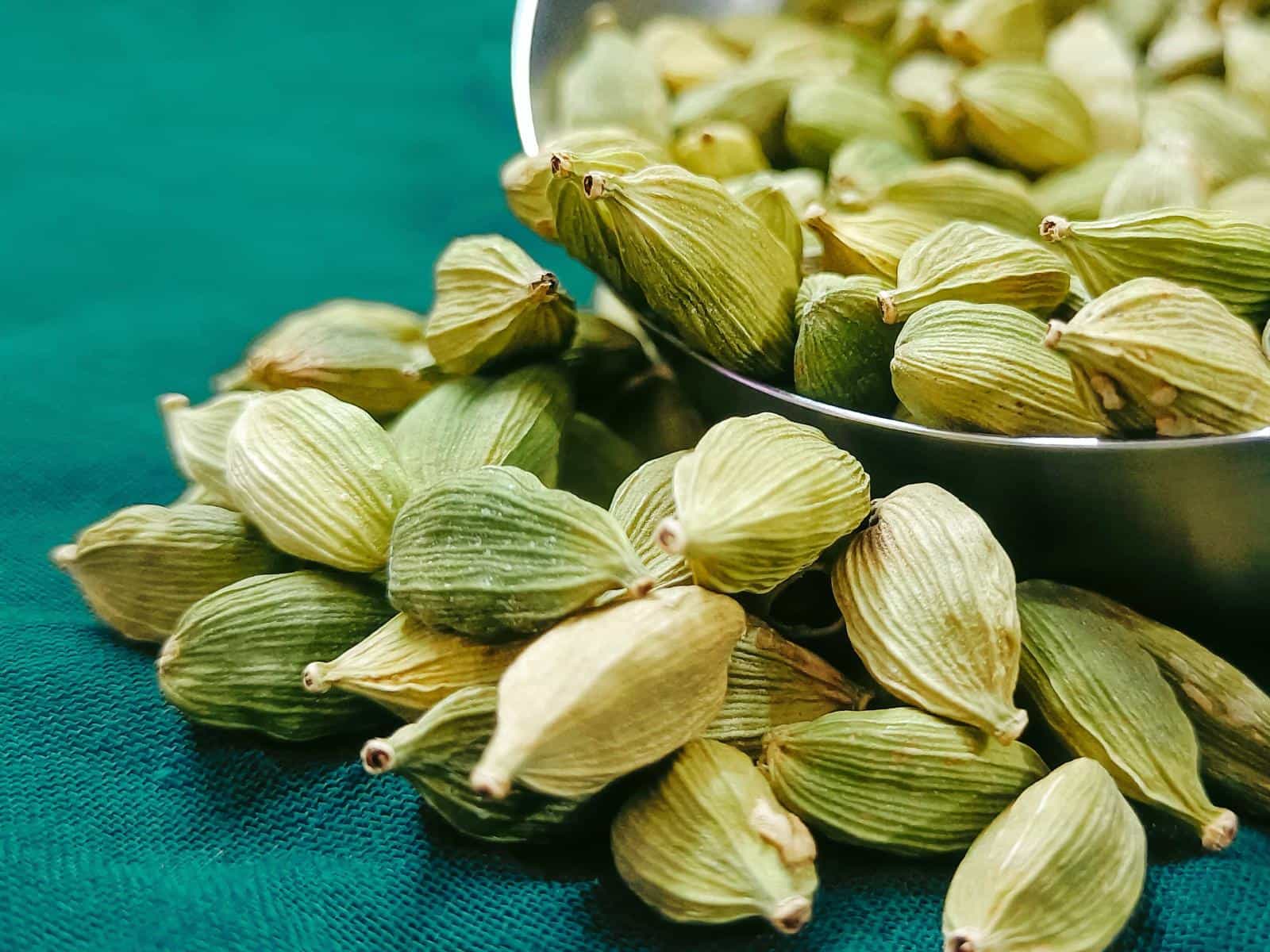
Coconut oil has gained significant popularity as a versatile and flavorful cooking oil. In this comprehensive blog post, we will delve deeper into the world of coconut oil, exploring its suitability for cooking, its different types, health implications, and addressing common questions. Let’s embark on a journey to uncover the wonders of coconut oil in both the kitchen and the realm of health.
Join the Eatlo Facebook Group for more food-related discussions, recipes, and a vibrant community of food lovers!
🥥🌴
1. Is it good to use coconut oil for cooking?
Coconut oil is an excellent choice for cooking due to its unique flavor profile and high smoke point. The high smoke point of coconut oil means it can withstand higher cooking temperatures without breaking down and producing harmful byproducts. Moreover, its distinct aroma and taste can enhance the flavor of various dishes, particularly in tropical and Asian cuisines. However, moderation is key, as coconut oil is rich in saturated fats.
2. What type of coconut oil is best for cooking?
Both refined and virgin coconut oil can be suitable for cooking, depending on personal preferences and culinary needs. Refined coconut oil undergoes a refining process that removes impurities and results in a neutral flavor and a higher smoke point. This makes it ideal for high-heat cooking methods like frying or sautéing. On the other hand, virgin coconut oil is extracted from fresh coconut meat without the use of chemicals or high heat, retaining its natural flavor and aroma. It is well-suited for low to medium-heat cooking, baking, and as a finishing oil in recipes that benefit from its distinctive taste.
3. Is coconut oil a healthy fat?
Coconut oil is a source of saturated fat, which has led to some debates about its health implications. While it is true that coconut oil contains saturated fats, it is unique in its composition. The majority of its saturated fats come in the form of medium-chain triglycerides (MCTs). MCTs are metabolized differently in the body compared to long-chain triglycerides (LCTs), the predominant form of saturated fats found in animal products. MCTs are more readily used as an energy source by the body and less likely to be stored as fat. However, it’s important to consume coconut oil in moderation and balance it with other healthy fats in your diet.
4. Is virgin coconut oil safe for cooking?
Yes, virgin coconut oil is safe for cooking. Its natural extraction process and lack of chemical additives make it a popular choice for those seeking the distinct flavor and potential health benefits of coconut oil. However, due to its lower smoke point compared to refined coconut oil, it is best suited for low to medium-heat cooking methods to preserve its flavor and nutritional properties.
5. Can I cook with coconut oil every day?
Including coconut oil in your daily cooking routine can be part of a healthy diet. However, it’s important to consume it in moderation and consider the overall balance of fats in your diet. Incorporating a variety of healthy fats from different sources is key to a well-rounded and nutritious eating plan.
6. Can I fry with coconut oil?
Yes, coconut oil is a great option for frying. Its high smoke point makes it suitable for deep-frying, pan-frying, or stir-frying. The stability of coconut oil at high temperatures helps to maintain the integrity and flavor of the food being fried. Additionally, the natural sweetness and aroma of coconut oil can impart a delightful flavor to fried dishes, especially when cooking Asian-inspired recipes.
7. What are the side effects of coconut oil?
Coconut oil is generally safe for consumption, but it’s important to be mindful of potential side effects. While rare, some individuals may experience allergic reactions to coconut oil. Furthermore, consuming excessive amounts of coconut oil can lead to weight gain due to its high caloric content. Additionally, since coconut oil is a source of saturated fats, it may contribute to elevated levels of LDL (bad) cholesterol in some individuals. It’s advisable to consume coconut oil in moderation, especially if you have specific health conditions or concerns.
8. Will coconut oil raise my cholesterol?
The effect of coconut oil on cholesterol levels is a topic of debate among experts. Coconut oil does raise both “good” HDL cholesterol and “bad” LDL cholesterol levels in some studies. However, it’s important to consider the overall context of one’s diet and lifestyle. Coconut oil’s impact on cholesterol may vary between individuals, and it is advisable to consult with a healthcare professional to understand how it may specifically affect you.
9. What are the negative benefits of coconut oil?
While coconut oil has gained popularity, it’s crucial to acknowledge that excessive consumption may lead to an increased risk of cardiovascular diseases due to its high saturated fat content. The American Heart Association recommends limiting saturated fat intake, and therefore, it’s important to consume coconut oil in moderation as part of a balanced diet. It’s advisable to incorporate a variety of healthy fats from sources like avocados, nuts, and olive oil to ensure a well-rounded nutrient profile.
10. How much coconut oil per day?
The recommended daily intake of coconut oil varies depending on factors such as age, sex, overall calorie needs, and individual health conditions. As a general guideline, consuming 1-2 tablespoons of coconut oil per day is considered a reasonable amount for most individuals. However, it’s best to consult with a healthcare professional or registered dietitian for personalized advice based on your specific needs.
11. Does coconut oil reduce body heat?
Coconut oil is often associated with its cooling effect in traditional medicine systems. However, there is insufficient scientific evidence to support the claim that consuming coconut oil reduces body heat. Body temperature regulation is a complex process influenced by various factors, including environmental conditions, physical activity, and overall health.
12. What’s the difference between coconut oil and virgin coconut oil?
The main difference between coconut oil and virgin coconut oil lies in their extraction processes and the source of the oil. Coconut oil can be obtained through different methods, including cold-pressing, solvent extraction, or refining. Virgin coconut oil, however, is extracted from fresh coconut meat without the use of chemicals or high heat, thereby preserving its natural flavor, aroma, and potential nutritional benefits. Both types of oil can be used for cooking, but virgin coconut oil is often preferred for its distinct taste and potential health-promoting properties.
13. Which is better: sunflower oil or coconut oil?
The choice between sunflower oil and coconut oil depends on several factors, including the desired flavor, cooking method, and health considerations. Sunflower oil is rich in monounsaturated fats, particularly oleic acid, which is associated with heart health. It has a milder flavor and a higher smoke point than coconut oil, making it suitable for high-heat cooking methods. Coconut oil, on the other hand, offers a unique tropical flavor and potential health benefits due to its MCT content. It has a lower smoke point but is ideal for low to medium-heat cooking, baking, and adding flavor to dishes. Ultimately, the choice between the two oils depends on individual preferences and dietary needs.
14. How long is coconut oil safe to eat?
Coconut oil, when stored properly in a cool and dark place, can remain safe for consumption for an extended period. It has a long shelf life due to its high saturated fat content, which helps prevent rancidity. However, over time, coconut oil may undergo some changes, such as oxidative rancidity, resulting in an off odor or taste. It’s advisable to regularly check the quality of your coconut oil and discard it if any signs of spoilage are present.
15. Who cannot take coconut oil?
While coconut oil is safe for most individuals, there are certain situations where caution should be exercised. Individuals who are allergic to coconuts or have experienced allergic reactions to coconut products should avoid consuming coconut oil. Additionally, those with specific medical conditions, such as pancreatitis or gallbladder issues, may need to limit their intake of coconut oil. It’s essential to consult with a healthcare professional before incorporating coconut oil into your diet if you have any concerns or medical conditions.
16. What are three benefits of coconut oil?
Coconut oil has garnered attention for several potential benefits. Three noteworthy benefits include its potential antimicrobial properties, thanks to lauric acid found in abundance in coconut oil. Lauric acid has been shown to possess antimicrobial activity against various bacteria and fungi. Additionally, coconut oil’s MCT content provides a source of quick energy, and its moisturizing properties make it a popular ingredient in skincare and hair care products. However, it’s important to note that further research is needed to fully understand these benefits and their practical implications.
17. Is coconut oil hard to digest?
Coconut oil contains medium-chain fatty acids, including lauric acid, which are generally easier to digest than long-chain fatty acids found in other fats and oils. Many individuals find coconut oil easier to tolerate and digest compared to heavy animal fats. However, individual responses to coconut oil digestion can vary, and it’s best to start with small amounts to assess your own tolerance.
18. Is coconut oil good for fatty liver?
Some preliminary studies suggest that the MCTs found in coconut oil may have potential benefits for individuals with non-alcoholic fatty liver disease (NAFLD). However, more research is needed to better understand the specific effects of coconut oil on liver health. If you have concerns about your liver health, it’s important to consult with a healthcare professional for appropriate guidance and management.
19. Does coconut oil detox the liver?
There is no scientific evidence to support the claim that coconut oil has a detoxifying effect on the liver. The liver is a remarkable organ responsible for detoxification processes in the body. While a balanced diet, including healthy fats like coconut oil, can support liver health, it’s important to focus on overall healthy lifestyle habits and maintain a well-rounded diet to support optimal liver function.
20. Can I use coconut oil three times a week?
Incorporating coconut oil into your cooking routine three times a week can be a reasonable frequency. It allows you to enjoy the unique flavor and potential health benefits of coconut oil while still maintaining a varied and balanced intake of different fats and oils.
21. Can I take one teaspoon of coconut oil daily?
Consuming one teaspoon of coconut oil daily can be a small amount to incorporate into your diet. However, it may not provide significant health benefits compared to consuming larger quantities or using coconut oil in cooking and food preparation. As with any dietary change, it’s important to consider the overall balance of your diet and consult with a healthcare professional or registered dietitian for personalized advice.
22. How do you know if coconut oil is pure?
To ensure purity, it’s advisable to choose reputable brands and look for labels indicating that the coconut oil is 100% pure and free from additives or artificial substances. Additionally, examining the appearance, aroma, and consistency of the oil can provide some clues. Pure coconut oil should have a pleasant coconut aroma, a smooth texture, and a clear appearance when in liquid form. Solidified coconut oil may appear white or slightly off-white. It’s always best to rely on trusted sources and brands to ensure the authenticity and quality of the coconut oil you choose.
23. Which is better: olive oil or coconut oil?
The choice between olive oil and coconut oil depends on various factors, including taste preferences, cooking methods, and health considerations. Olive oil is renowned for its association with the Mediterranean diet and its rich content of monounsaturated fats, particularly oleic acid. It has been extensively studied and associated with numerous health benefits, including heart health. On the other hand, coconut oil offers a distinct tropical flavor and potential health benefits due to its MCT content. It’s important to note that coconut oil is higher in saturated fats compared to olive oil. When choosing between the two oils, it’s advisable to consider the specific culinary application, personal taste preferences, and overall balance of fats in your diet.
24. Does coconut oil get expired?
Coconut oil has a long shelf life and is resistant to spoilage due to its high saturated fat content. Properly stored coconut oil can remain safe for consumption for an extended period. However, over time, the quality of coconut oil may gradually decline. Signs of rancidity include a noticeable off odor or a rancid taste. To ensure the freshness and quality of your coconut oil, it’s best to store it in a cool, dark place and check for any signs of spoilage before using.
25. What can I replace coconut oil with?
If you’re looking for alternatives to coconut oil, several options can be used based on your cooking needs and flavor preferences. Olive oil, avocado oil, grapeseed oil, or other plant-based oils can be suitable substitutes for cooking and baking. Each oil offers its unique flavor profile and nutritional composition, so feel free to explore different options to suit your tastes and recipe requirements.
26. Does coconut oil clean the stomach?
Coconut oil is not specifically known for its cleansing properties in the stomach. However, coconut oil is a source of MCTs, which are more easily digested compared to long-chain fatty acids. This may contribute to improved digestion and overall gastrointestinal comfort for some individuals. It’s important to maintain a balanced diet with plenty of fiber-rich foods and hydration to support optimal digestive health.
27. Does coconut oil clean the intestines?
There is no scientific evidence to suggest that coconut oil has a direct cleansing effect on the intestines. The health of the intestines relies on a well-balanced diet, including fiber-rich foods, sufficient hydration, and overall healthy lifestyle habits. Consuming coconut oil as part of a nutritious eating plan may contribute to overall digestive well-being but should be considered within the context of a well-rounded diet.
28. Can I cook with coconut oil every day?
Cooking with coconut oil every day can be part of a balanced diet, provided it is consumed in moderation and as part of a varied and diverse nutrient intake. Incorporating different types of healthy fats and oils into your cooking routine can provide a range of flavors, nutrients, and potential health benefits.
29. Is coconut oil good for Indian cooking?
Coconut oil holds a prominent position in Indian cuisine and is widely used for cooking, particularly in the southern regions of India. Its unique flavor profile complements many traditional Indian dishes. The natural sweetness and aroma of coconut oil add depth and richness to curries, stir-fries, and desserts. However, it’s important to consider moderation and balance, especially due to the high saturated fat content of coconut oil.
30. Is virgin coconut oil safe for cooking?
Yes, virgin coconut oil is safe for cooking. It is often preferred by those who appreciate the natural flavor and potential health benefits of coconut oil. Virgin coconut oil undergoes minimal processing, preserving its unique characteristics and nutritional properties. However, due to its lower smoke point compared to refined coconut oil, it is best suited for low to medium-heat cooking methods to maintain its flavor and health benefits.
Join the Eatlo Facebook Group for more food-related discussions, recipes, and a vibrant community of food lovers!
Conclusion: Coconut oil offers a unique flavor and potential health benefits, making it a popular choice for cooking. When used in moderation and as part of a balanced diet, coconut oil can be a delicious addition to various dishes. However, individual responses may vary, and it’s important to consider personal dietary needs and consult with a healthcare professional or registered dietitian for personalized advice. Enjoy the culinary delights of coconut oil and discover new flavors in your cooking endeavors!
